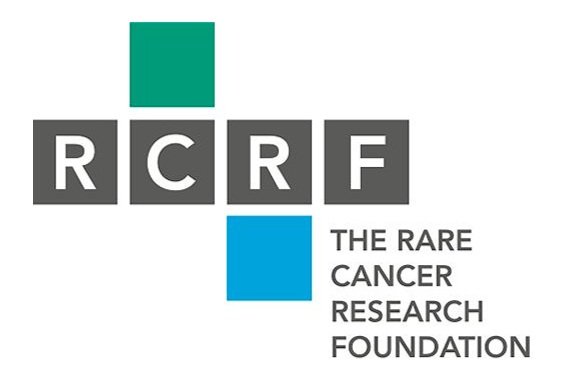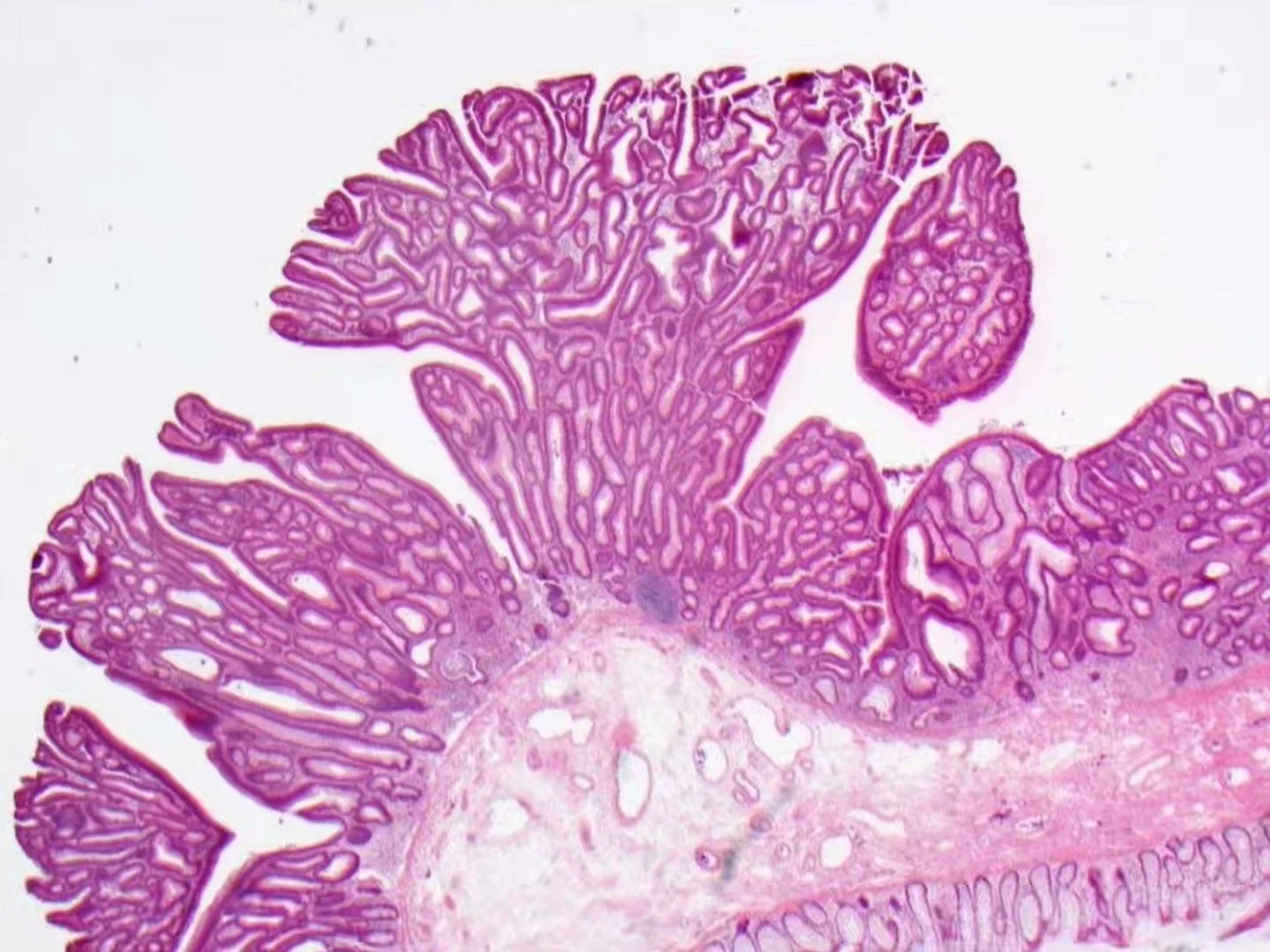Turning Diagnosis to Purpose: A Conversation with Navy Veteran Dan “Dry Dock” Shockley
Dan during a tour of the Invitae San Francisco laboratory, where his recent comprehensive DNA test was conducted that revealed his diagnosis of schwannomatosis. Credit: Dan Shockley.
At the Rare Cancer Research Foundation, it is our strong belief that access to and awareness of genetic testing can both lead to preventive care and inform treatment options for rare cancer patients. We spoke with Dan “Dry Dock” Shockley, a patient advocate who echoes the importance of testing in the saving of lives through his journey with a rare genetic mutation.
Always Forge Ahead with a Purpose. These are the words that are written on a poster that hangs on Dan “Dry Dock” Shockley’s office wall.
This is an acronym for the gene variant he possesses: AFAP, known as Attenuated Familial Adenomatous Polyposis, which is a rare mutation found in the APC gene that increases the risk of developing certain types of cancers, especially colorectal cancer.
AFAP is a subvariant of FAP, known as Familial Adenomatous Polyposis – the key difference between the two is the patient’s age at diagnosis.
Shockley is no stranger to the slogan of “Improvise, Adapt, Overcome” – this was his mantra before his diagnosis as well, seeing as he served for over 20 years in the U.S. Navy on seven different ships, including tours in the Gulf War and Operation Iraqi Freedom.
Shockley’s genetic mutation was discovered when he was 51 in the aftermath of a routine colonoscopy in 2012 at Tripler Army Medical Center in Hawaii, where surgeons discovered 100 colorectal polyps.
“I was immediately referred to a certified genetic counselor to include germline sequencing testing, which later revealed the APC mutation,” Shockley said.
With the help of his care team and with a desire to prevent the polyps from becoming cancerous, Shockley made the brave choice that same year to undergo a total proctocolectomy. This means that his colon, rectum and anus were removed, and he now has permanent ileostomy.
“We learned in the military to plan for the worst and hope for the best,” Shockley said. “I just took that mindset into my civilian life.”
“So when I was diagnosed, I took a look at things that were going on and I tended not to think about things I am unable to control, such as medical issues. What I can control is my positive attitude and it has brought me this far in life, so why stop now?”
Shockley went on to deeply immerse himself in research about his condition and to continually work with his care team, which led him to move to California in 2016 and pursue ongoing surveillance care that he still receives today at the Palo Alto VA Medical Center.
He also notes that a critical relationship he was able to develop early in the process was with the late Henry T. Lynch, MD, known as one of the fathers of cancer genetics. For years after Shockley’s diagnosis, he would send his surveillance reports to Lynch for his feedback. The duo formed an important bond, which was strengthened by their mutual military experience.
Lynch was one of the first physicians and researchers to document that certain cancers ran in familial lines. He went on to establish the Hereditary Cancer Center at Creighton University in Nebraska, where he dedicated his career to the understanding of hereditary cancer development.
In addition to colorectal cancer, AFAP has been linked to the development of pancreatic, small intestine, stomach and thyroid cancers. Shockley has polyps that are monitored in his stomach and he has Congenital Hypertrophy of the Retinal Pigment Epithelium (CHRPE) in his eyes, which causes lesions and is additionally linked to AFAP.
In 2020, Shockley’s care team at Palo Alto also discovered that he had a 3 centimeter pancreatic adenoma, which is a benign tumor. He underwent an additional procedure known as a pancreas-sparing duodenectomy resection surgery, which is the removal of 60 centimeters of the duodenum (part of the small intestine), and the gallbladder. A stent was also inserted in his bile duct.
“My care has all been preventative, the mutation, the surveillance, and medical technology has been advancing throughout the decades, so we were also able to prevent pancreatic cancer,” Shockley said.
As a result of these developments, a Stanford genetic counselor asked Shockley several years ago if he would like a comprehensive DNA test.
This revealed that Shockley has an additional rare gene variant in the LZTR1 gene, which led to his diagnosis of schwannomatosis. This means that he is at an increased risk for the growth of schwannomas, a type of tumor that can develop near nerve pathways. Now, he receives additional surveillance from a neurologist as a result.
For early detection to occur, Shockley emphasizes the importance of genetic testing.
“The important thing is for individuals to have conversations with their family members and their medical teams in order to prepare,” Shockley said. “Have those discussions. I’m asymptomatic, so I am educating my siblings and my first cousins… we have no idea if this skipped a generation or not. Dr. Lynch shared with me that it was possible that the mutation began with me.”
Throughout this journey, Shockley has developed a strong conviction of the importance of early detection and prevention for disease, as well as his ongoing work as a medical case study in the United States and beyond.
“My journey now is to educate medical students so they can further their knowledge of the APC mutation (AFAP),” Shockley said. “There’s no cure for AFAP, the important thing is early detection.”
Shockley is a living testament to patient-powered collaboration: his ongoing advocacy work will hopefully lead to greater knowledge and awareness of familial genetic variants that increase cancer risk and will inform and inspire generations to come.
Images of a 8cm high-grade dysplasia finding from Dan’s total-proctocolectomy surgery. High-grade dysplasia is a precancerous condition where cells look very abnormal but have not yet spread deeper into the tissue. It is often the last stage before cancer develops. Credit: Dan Shockley.


